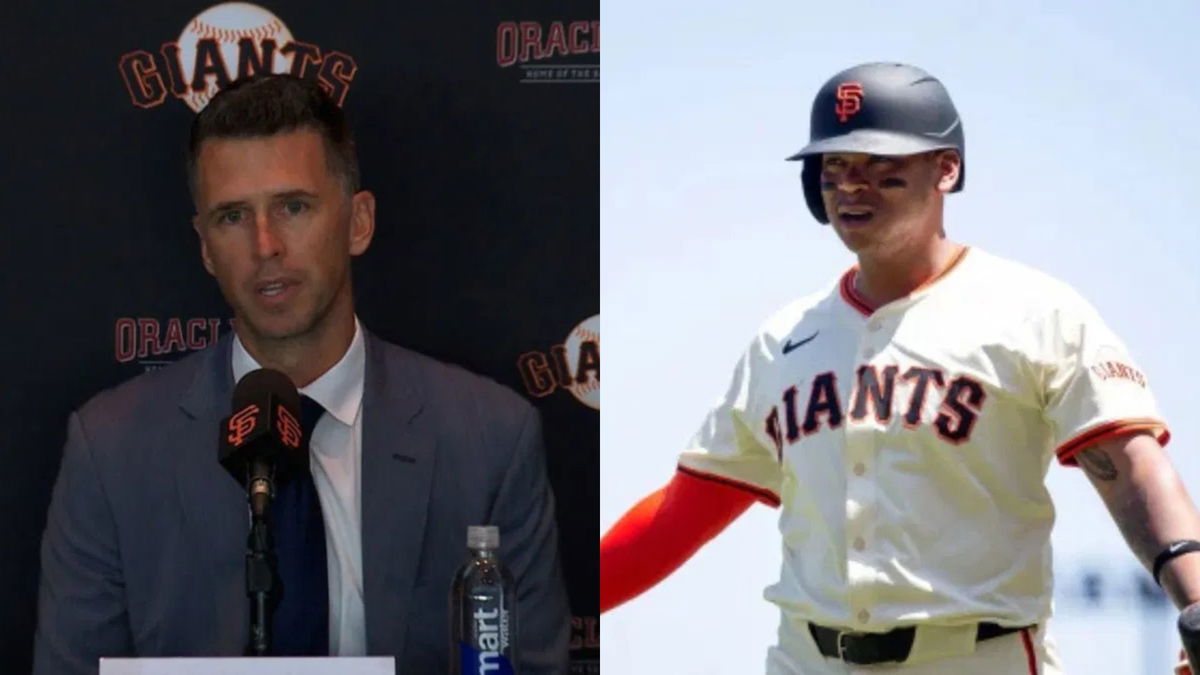
Imago
Source: MLB.com and Imagn Images

Imago
Source: MLB.com and Imagn Images
On a breezy June evening at Oracle Park, the place felt alive again. The stands were packed with fans, everyone abuzz with the news of a midseason trade. Buster Posey had just landed a coup, convincing the team to pull the trigger on a deal that brought Rafael Devers on board. It felt like the start of something, like the championship days when every game was an event, and every fan believed the Giants had magic in them again.
Watch What’s Trending Now!
Fast forward two months, and that magic has vanished. Since acquiring Devers, San Francisco has tumbled into one of the worst records in baseball, losing 14 of 16 at home despite raucous sellout crowds. The very trade that was supposed to vault them into October has instead triggered a collapse that leaves the organization rattled and searching for answers. The optimism has turned into restlessness, and the crosshairs are now shifting from player to manager.
As columnist Ann Killion put it, “They made the biggest trade of probably the season in getting Devers in mid-June, and it’s just been horrendous since then. The team got better, it’s relatively healthy, and they’ve just fallen off the table. What has to be driving ownership crazy is they are packing the ballpark and have lost 14 of the last 16 games at home.”
ADVERTISEMENT
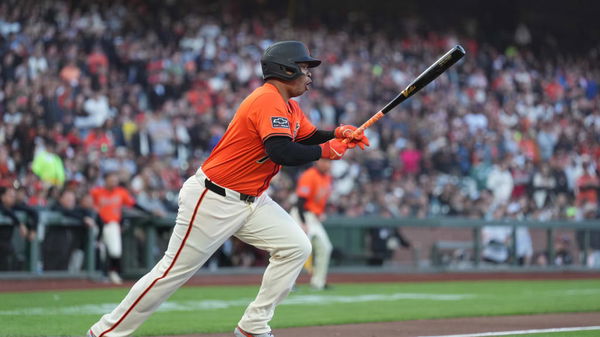
Imago
Devers, of course, has become the easy scapegoat. His Boston departure gave critics ammunition, and now every slump is tied to his presence. Inside the clubhouse, though, players have embraced him, even praising his work at first base. The problem isn’t chemistry, it’s production. The Giants can’t cash in runners, can’t deliver in big spots, and can’t explain why a better roster is yielding worse results. And when that happens in baseball, the target shifts inevitably to the manager.
That leaves Bob Melvin in the danger zone. Killion noted the predictability: “When you look, you know how it goes in baseball, the manager gets blamed. And a lot of people are pointing the finger at Bob Melvin. Is that fair? I don’t think so. But is it predictable? Absolutely.”
Posey extended Melvin’s contract immediately after the Devers deal, a gesture of stability that now feels like a gamble of its own. And as Erik Kratz pointed out, the leash could be shorter under Posey than it was under Farhan Zaidi: “It’s not like what Buster used to work with under Bochy. Bochy’s got three World Championships… Bob Melvin hasn’t. Is there a shorter leash because Buster knows what winning a World Series takes, and maybe he doesn’t see that in Bob?”
ADVERTISEMENT
The Giants don’t lack talent. They lack production. And in a market still haunted by Bochy’s shadow, that equation almost always costs the manager first. Posey may wait until season’s end, but the writing is on the wall: San Francisco’s gamble on Devers has backfired, and Melvin’s job may be the price.
ADVERTISEMENT
Giants fans demand fire, players defend their skipper.
The noise around Oracle Park has grown louder with every loss, and much of it has one clear demand: accountability. Frustrated fans, who once believed the Rafael Devers trade would vault the Giants into contention, now point to the dugout as the source of the problem. Social media timelines burn with calls for Bob Melvin’s job, a reflection of a fan base unwilling to accept another season spiraling into disappointment. The outcry isn’t just about losing games, it’s about the feeling of wasted potential.
The atmosphere inside the clubhouse tells a different story. The players have closed ranks around their manager, making it clear they won’t let him take the fall by himself. Logan Webb, the team’s ace and a key figure in the rotation, summed up the feeling in the clubhouse with a remark. “Everyone in here has each other’s backs.” Webb wasn’t only talking about teammates grinding through a season’s ups and downs; he was pointing to Bob Melvin, too. To the players, the idea that the skipper is the central problem misses the reality of the grind; they see missed pitches, stranded runners, and untimely slumps as the real culprits.
Top Stories
Red Sox Fans Left Reeling as Diamondbacks Close In on Stealing $275M Cardinals Star
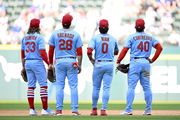
Cody Bellinger–Bo Bichette Uncertainty Grows as Scott Boras & Other Agents’ Market Misread Complicates Blue Jays’ Stance

Who Are Kyle Tucker’s Parents? All about Mike Tucker and Lisa Fernandez
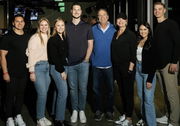
Craig Breslow Told to Copy Dodgers’ Mookie Betts Masterstroke as Bo Bichette Market Spirals Out of Control
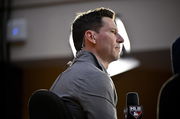
Yankees To Go After Cubs Shortstop After Cody Bellinger Reunion Blows in Brian Cashman’s Face: Bronx Veteran
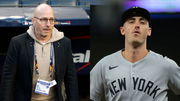
Other voices have stepped in to push back against the criticism. Heliot Ramos has echoed that same defiance, brushing off the narrative that outsiders keep fueling. To him, the noise stays outside the clubhouse walls because the players know what the culture inside really is. Matt Chapman took it further, putting the responsibility squarely on the roster’s shoulders: “It’s on the players,” he said firmly, reminding anyone listening that the men on the field control the outcome more than the man filling out the lineup card. The divide is clear. While fans sharpen their pitchforks, the Giants’ own players are standing guard, determined to defend a skipper who, in their eyes, hasn’t lost the room.
ADVERTISEMENT
ADVERTISEMENT
ADVERTISEMENT
ADVERTISEMENT

